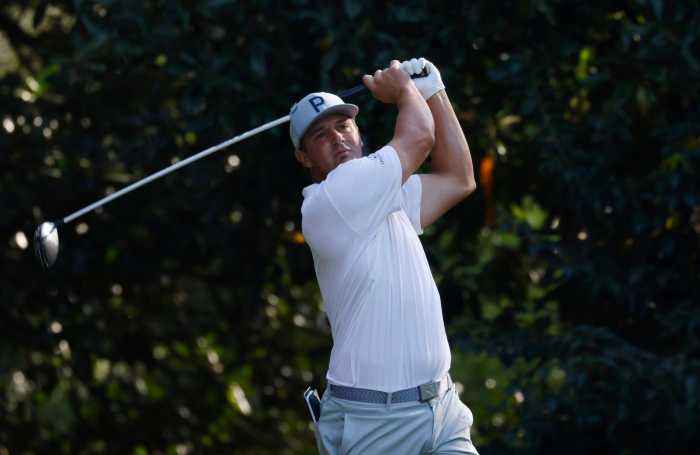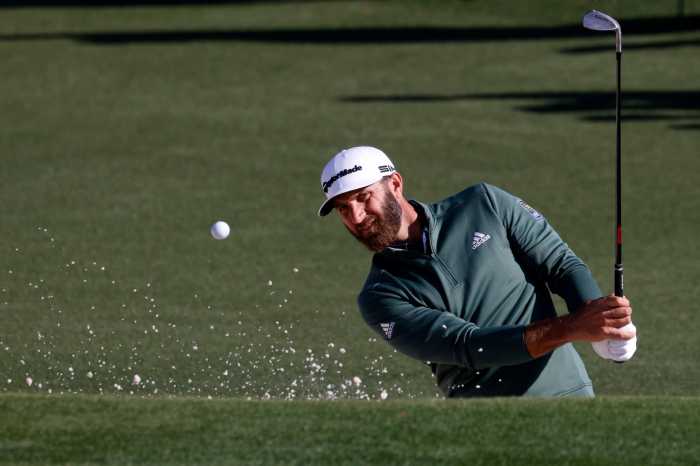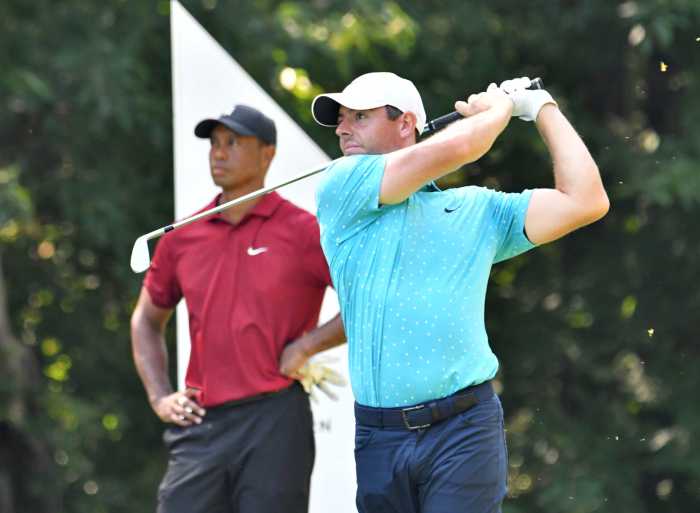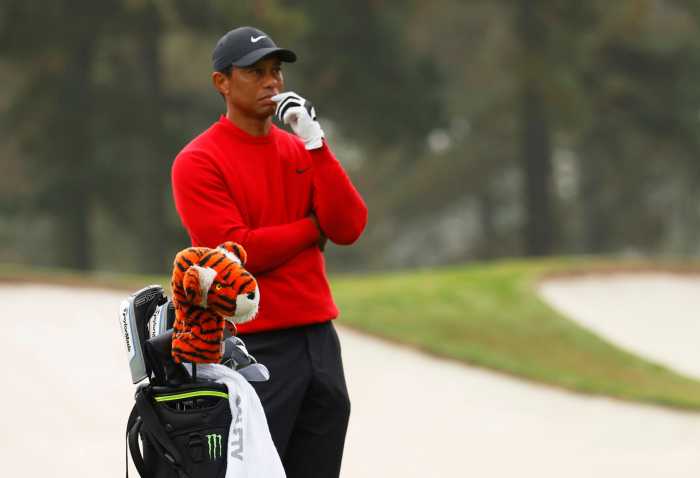Phil Mickelson is not the first middle-aged person to change his diet and engage in brain training in a quest to feel and perform better, but he is the first to win a major golf championship after turning 50.
While Mickelson’s performance at the PGA Championship might not open the floodgates to a sudden glut of Senior Tour-eligible winners, it at least will provide further evidence to those creeping up in age that it is not too late to pad those career resumes with another major victory.
“There’s no reason why golf can’t be the game for a lifetime if you take care of your body and do it the right way,” the Californian said after beating Brooks Koepka and Louis Oosthuizen by two strokes at Kiawah Island on Sunday.
Old geezers leading deep into majors is not exactly rare. Consider Tom Watson had one hand on the Claret Jug at the age of 59 until he bogeyed the final hole and then lost a playoff at the 2009 British Open.
Mickelson describes that performance by Watson as “inspiring” and “one of the greatest in the sport.”
The previous year, super-fit Greg Norman, then 53, had the 54-hole lead at the British Open.
And back in 1998, Jack Nicklaus contended deep into the final round of the Masters at the age of 58 after having won it at age 46 in 1986.
On Sunday, while Mickelson was rewriting history, 49-year-old Padraig Harrington quietly earned a share of fourth place.
These were all great players and multiple major winners, capable of rising to the occasion for one last shot at glory when the stars aligned.
Mickelson is a young 50, not just by virtue of his health-conscious lifestyle, but also because he has avoided for the most part serious injury, notwithstanding some arthritis, as well as a broken leg incurred in a skiing accident in 1994.
The six-time major winner is supple and strong enough to still generate prodigious clubhead speed, a prerequisite for keeping up with the youngsters as courses stretch ever longer, close to 8,000 yards. He hit the longest drive all day at the 16th hole on Sunday.
Mickelson’s unsurpassed short game also remains as sharp as ever.
As he returns his focus to next month’s U.S. Open, where he will have another chance to become the sixth player to win the modern grand slam of all four majors, Mickelson will continue the practices that got him across the finish line at Kiawah.
Asked how his brain training had helped, he said: “Just the ability to kind of quiet my mind and get rid of all the exterior noise. I don’t want to get all spiritual, but that’s kind of been the biggest thing for me.”
And his diet?
“I’ve got to eat a lot less and I’ve got to eat better. I just can’t eat as much and I have to let my body recover,” he said. “But it’s also been a blessing for me because I feel better and I don’t have inflammation and I wake up feeling good.
“It’s been a sacrifice worth making.”






































